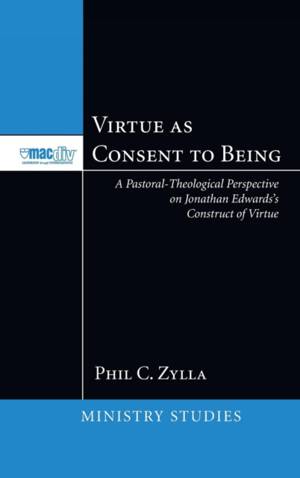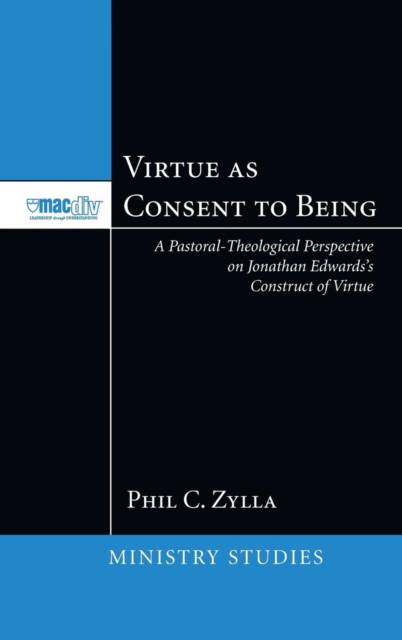
- Afhalen na 1 uur in een winkel met voorraad
- Gratis thuislevering in België vanaf € 30
- Ruim aanbod met 7 miljoen producten
- Afhalen na 1 uur in een winkel met voorraad
- Gratis thuislevering in België vanaf € 30
- Ruim aanbod met 7 miljoen producten
Zoeken
Virtue as Consent to Being
A Pastoral-Theological Perspective on Jonathan Edwards's Construct of Virtue
Phil Zylla
€ 58,45
+ 116 punten
Uitvoering
Omschrijving
Virtue theory has become an important development in Christian ethics. Efforts are made in this volume to bring pastoral theology into conversation with these developments. This book probes the philosophical theology of Jonathan Edwards, who proposed that virtue is a form of beauty defined as "consent to being." This leads to the notion of compassion as ontological consent. Since language is the vehicle by which our experiences are conveyed, the book probes the issue of how moral vision is expressed in "experience-near" language through parable, poem, and lament. Moral vision is articulated most adequately through such language, and finding it is a kind of quest. The last chapter is a proposal for a mature pastoral theology of virtue as an expansion of Edwards's concept of "consent to being" from the vantage point of pastoral theology. A dynamic vision of virtue requires some connection between the experience of suffering and the inward striving toward the greatest good. The essence of virtue can be best understood, from a pastoral theological perspective, as the relational dynamic of "suffering with" another human being.
Specificaties
Betrokkenen
- Auteur(s):
- Uitgeverij:
Inhoud
- Aantal bladzijden:
- 164
- Taal:
- Engels
- Reeks:
- Reeksnummer:
- nr. 2
Eigenschappen
- Productcode (EAN):
- 9781498256469
- Verschijningsdatum:
- 1/12/2010
- Uitvoering:
- Hardcover
- Formaat:
- Genaaid
- Afmetingen:
- 152 mm x 229 mm
- Gewicht:
- 394 g

Alleen bij Standaard Boekhandel
+ 116 punten op je klantenkaart van Standaard Boekhandel
Beoordelingen
We publiceren alleen reviews die voldoen aan de voorwaarden voor reviews. Bekijk onze voorwaarden voor reviews.







